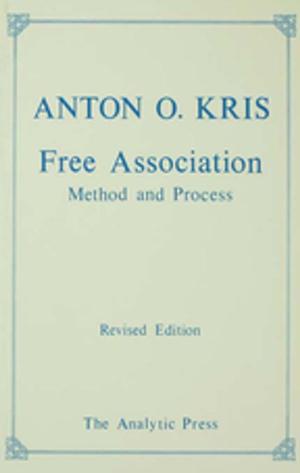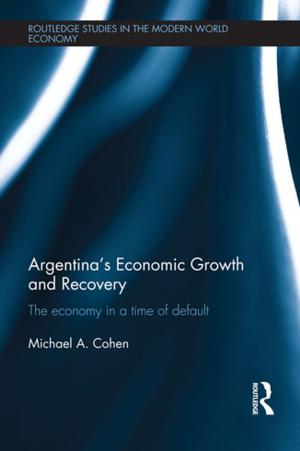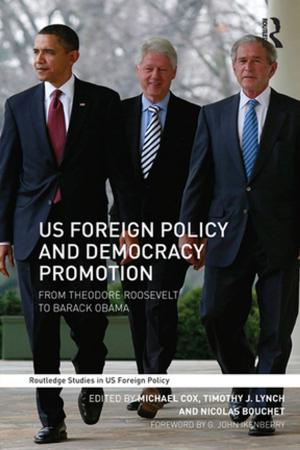China's Trade Unions - How Autonomous Are They?
A Survey of 1811 Enterprise Union Chairpersons
Nonfiction, Social & Cultural Studies, Social Science, Cultural Studies, Ethnic Studies, Political Science, Business & Finance| Author: | Masaharu Hishida, Kazuko Kojima, Tomoaki Ishii, Jian Qiao | ISBN: | 9781135169695 |
| Publisher: | Taylor and Francis | Publication: | January 21, 2010 |
| Imprint: | Routledge | Language: | English |
| Author: | Masaharu Hishida, Kazuko Kojima, Tomoaki Ishii, Jian Qiao |
| ISBN: | 9781135169695 |
| Publisher: | Taylor and Francis |
| Publication: | January 21, 2010 |
| Imprint: | Routledge |
| Language: | English |
This book examines the status of trade unions in contemporary China, exploring the degree to which trade unions have been reformed as China is increasingly integrated into the global economy, and discussing the key question of how autonomous China’s trade unions are. Based on an extensive, grass-roots survey of local trade union chairpersons, the book reveals that although trade unions in foreign owned firms and in firms dealing with foreign firms are beginning to resemble trade unions in the West, in the majority of firms a state corporatist model of trade unions continues, with chairmen appointed by the party, with many of them occupying simultaneously party and trade union positions, and thinking it right to do so, and having power bases and networks in both the party and the trade union, with initiatives for protecting workers’ interests coming from the top down, rather than the bottom up, and with collective negotiation and democratic participation in union affairs continuing to be a mere formality. The book shows how the state - wishing to maintain political stability - continues to regard itself, legitimated by the concepts of "socialism" and "proletarian dictatorship", as the sole arbiter of and protector of workers’ rights, with no place for workers protecting their own interests themselves in the harsh environment of the new market economy. The book concludes, however, that because the different model of industrial relations which prevails in foreign owned firms is formally part of the government system, there is the possibility that this new more Western model will in time spread more widely.
This book examines the status of trade unions in contemporary China, exploring the degree to which trade unions have been reformed as China is increasingly integrated into the global economy, and discussing the key question of how autonomous China’s trade unions are. Based on an extensive, grass-roots survey of local trade union chairpersons, the book reveals that although trade unions in foreign owned firms and in firms dealing with foreign firms are beginning to resemble trade unions in the West, in the majority of firms a state corporatist model of trade unions continues, with chairmen appointed by the party, with many of them occupying simultaneously party and trade union positions, and thinking it right to do so, and having power bases and networks in both the party and the trade union, with initiatives for protecting workers’ interests coming from the top down, rather than the bottom up, and with collective negotiation and democratic participation in union affairs continuing to be a mere formality. The book shows how the state - wishing to maintain political stability - continues to regard itself, legitimated by the concepts of "socialism" and "proletarian dictatorship", as the sole arbiter of and protector of workers’ rights, with no place for workers protecting their own interests themselves in the harsh environment of the new market economy. The book concludes, however, that because the different model of industrial relations which prevails in foreign owned firms is formally part of the government system, there is the possibility that this new more Western model will in time spread more widely.















